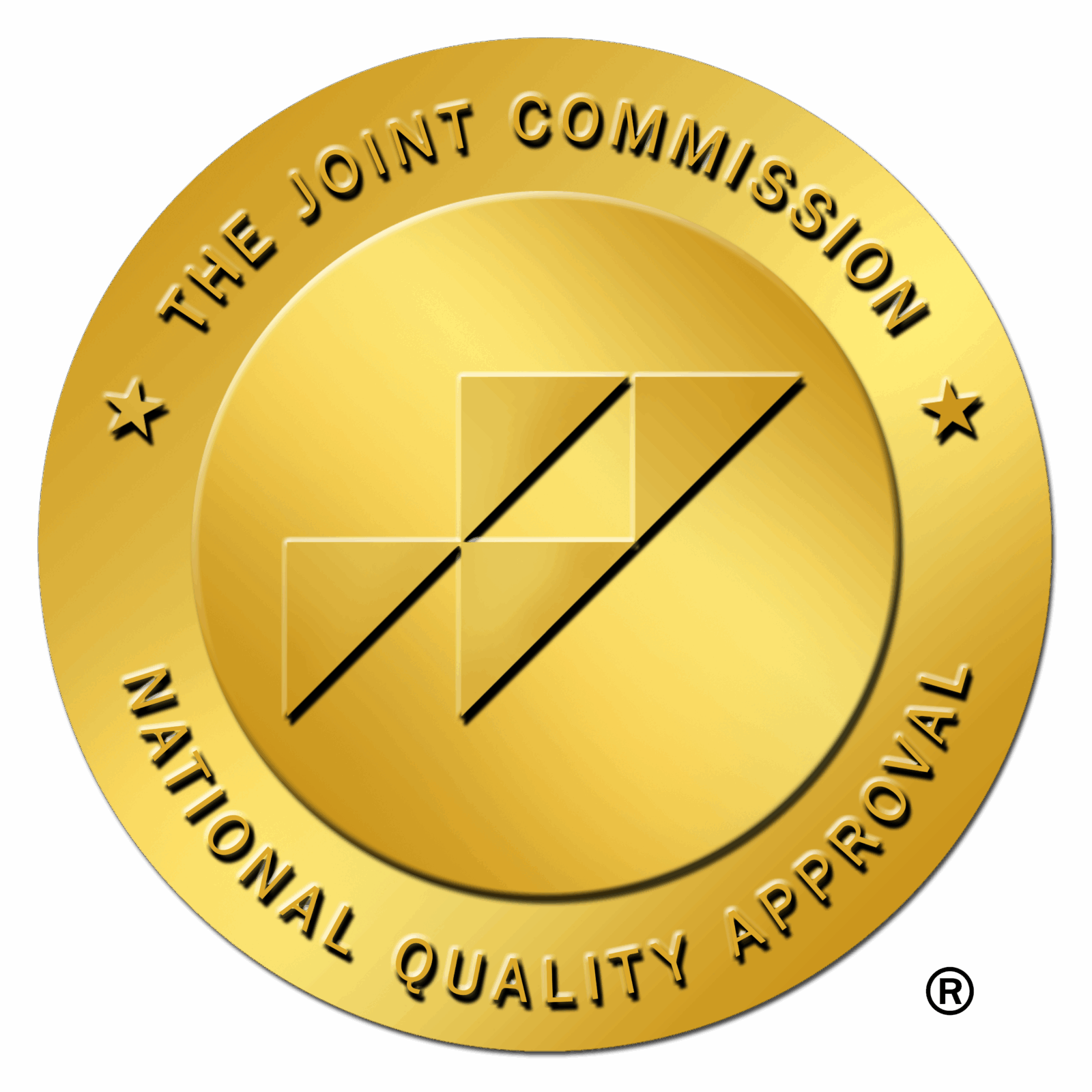Oklahoma City Indian Clinic (OKCIC) is committed to providing early detection and compassionate support for individuals facing dementia, Alzheimer’s, and other memory-related challenges. By identifying symptoms early, OKCIC aims to help patients and their families navigate these conditions with greater ease and access to resources that support quality of life.
Screening for Early Signs of Dementia & Alzheimer’s
Starting at age 55, OKCIC screens every patient for signs of dementia or Alzheimer’s to catch early changes in memory and thinking. Detecting cognitive issues early on, such as forgetfulness or trouble focusing, allows for better planning and access to resources. Symptoms of more advanced cognitive decline, like inability to perform daily living activities or decreased situational awareness or recognition, can especially impact people as they age.
Who is at Risk?
The likelihood of developing dementia or Alzheimer’s increases with age:
- 3% of people aged 70-74
- 22% of those aged 85-89
- 33% of people 90 and older
People with Down Syndrome are also at higher risk, with more than half affected by age 50. Health conditions such as diabetes, heart disease, kidney disease, and head injuries can also increase risk.
OKCIC’s Screening Process and Mental Exams
Screening starts with a simple Mini-Cog test that includes a word recall exercise and a clock-drawing activity. If these results suggest possible memory issues, additional evaluations are available, including the Mini-Mental State Exam, which helps determine whether the cognitive issues are mild, moderate, or severe.
These tests, along with a medical evaluation, give health providers a fuller picture of a person’s cognitive health and provide a foundation for support and care planning.
Treatment Options to Support Memory and Thinking
While there is no cure for dementia or Alzheimer’s, certain medications can help manage symptoms and improve quality of life. OKCIC offers medications like Namenda and Aricept that can be adjusted based on the patient’s needs and stage of cognitive decline. Other supportive therapies may help people maintain daily functioning and stay engaged in their lives and relationships.
Comprehensive Support and Resources for Families
To help patients and families cope with these challenges, OKCIC offers a range of support groups and educational programs, including:
- Educational Programs for patients and families to better understand dementia and
how to communicate effectively and plan ahead. - Support Groups provide a safe place for sharing and connection, available both for
adults and for teens through a program called Empower Hour. - Community Education, like the “Dementia Friends” class, helps raise awareness
within the broader Native community, making it easier for everyone to support
friends and loved ones with dementia.
Steps for Reducing Risk
OKCIC also focuses on reducing certain risk factors for dementia. Avoiding medications that affect memory, managing high blood pressure and diabetes, and using medications that support brain function can make a difference in reducing cognitive decline.
Caring for our Community
At OKCIC, every patient and family is offered a supportive, respectful experience throughout their journey with dementia or Alzheimer’s. By providing early screenings, compassionate treatment options, and a variety of supportive resources, OKCIC is dedicated to helping patients and their loved ones navigate the challenges of dementia with dignity and strength.
OKCIC is Here to Help, Become a Patient Today
For those interested in learning more about these services or becoming a patient, OKCIC welcomes you to reach out for more information by speaking to your provider. Please call (405) 948-4900 to schedule your appointment with your provider.
Together, we can create a caring community where everyone feels supported

